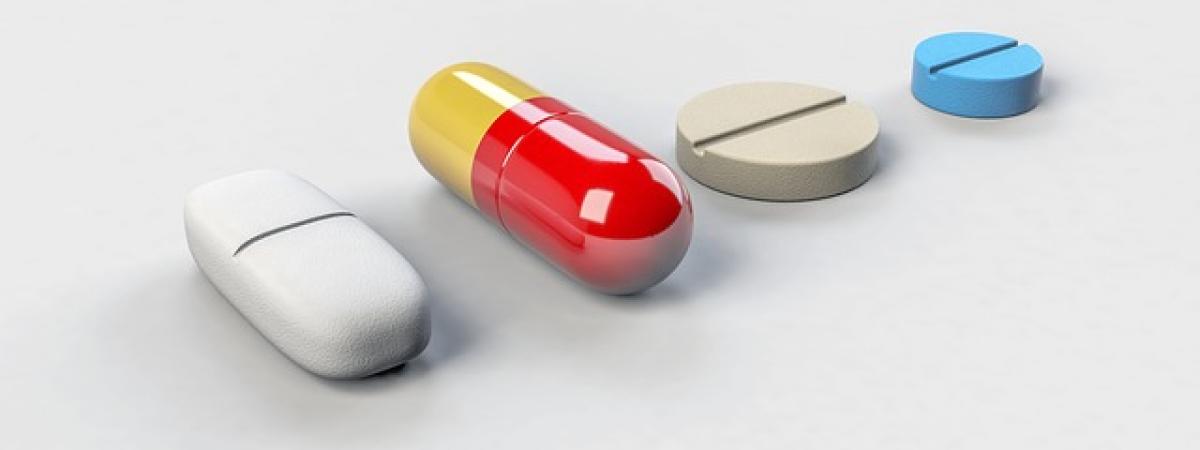Why do drugs affect different people differently?
published in Reader's Digest,
21 October 2018

The same drug, when prescribed to different people, can have different effects: larger or smaller; longer or shorter - depending on the individual. Unpredictability can be unpleasant and even dangerous.
In 1988, a team of scientists showed that a “Brussels Sprout diet” (yum) made the body metabolise warfarin (a clot-stopping drug) more quickly, rendering it less effective in the body. Warfarin, like many other drugs, can interact with your diet – and diet is one of the main factors causing drugs to act differently.
Today, it is known that cranberry juice and alcohol can interfere with the workings of warfarin in your body; grapefruit juice meanwhile may interact with many medicines - including some taken to lower cholesterol, treat cancer and prevent infection – increasing the likelihood of drug side effects. It’s always worth reading the patient information leaflet that comes with your medicine and discussing any dietary concerns with your doctor.
Here are six more reasons for individual variations in drug response.
Age
Drugs tend to produce greater and more prolonged effects at the extremes of life (in the newborn and in the older person) since drug metabolism and kidney function are less efficient.
Babies’ kidney function soon catches up though. By the time the baby is one week old, their kidney function is usually that of a young adult; by six months, kidney function is twice the adult value! From the age of about 20, kidney function slowly declines, falling to about 75% at age 50 and to 50% at age 75 – so drugs can become more dangerous.
Drug interactions
Dangerous combinations include ibuprofen and aspirin: taken together, they may increase the risk of stomach bleeds – and even the risk of a second heart attack, according to the British Heart Foundation.
Combining certain antidepressants with a migraine medication or an opioid pain medication can also cause nasty symptoms in something known as ‘serotonin syndrome’.
Disease interactions
If your kidney or liver function is reduced through disease, drug effects may be increased or prolonged, leading to toxicity.
Interestingly, migraine may slow drug absorption – since the stomach can stop working during a migraine attack. It can make pain relief difficult: adding an anti-sickness drug to promote normal emptying of the stomach, or switching to suppositories for pain relief, might help.
The stomach can stop working during a migraine attack.
Smoking
Your liver helpfully breaks down and transforms drugs into smaller molecules that can be expelled from the body in the urine, protecting against toxic accumulation. Cigarette smoke can though dangerously speed up this process, leaving blood levels of drugs low.
It’s for this reason that smokers require up to four times as much caffeine as non-smokers to achieve the same ‘caffeine fix’; smokers may also require increased doses of some certain antidepressants and beta blockers. Suddenly stopping smoking may send drug levels soaring; drug dosages may need adjusting accordingly.
Smokers require up to four times as much caffeine as non-smokers to achieve the same ‘caffeine fix’.
Time of day
The key thing is to remember to take your daily dose of medicine, so it’s important to find a time that suits you.
Scientists are though wondering whether, for some tablets, it might matter more when they are taken. Trials are underway to test whether there is a best time of day to take medicines for high blood pressure and for thyroid problems.
Microbiome
Gut microbes also metabolise medications, making them more—or less—active. Whether you respond to certain chemotherapy and cardiac drugs may be down to your gut microbes.
